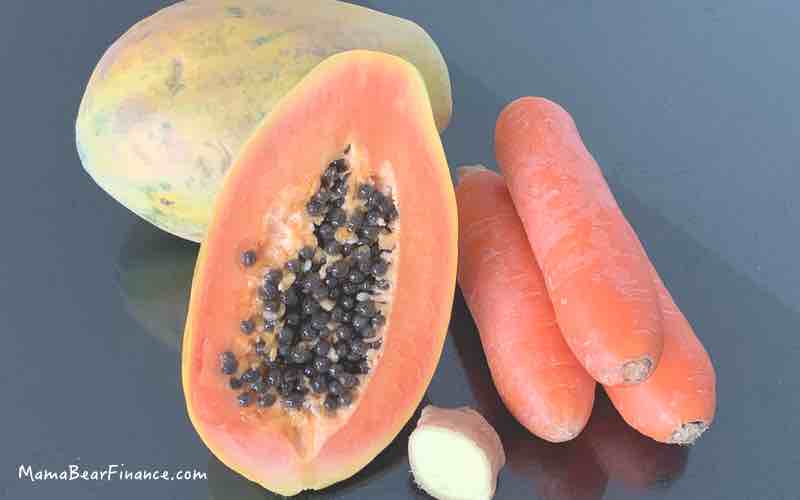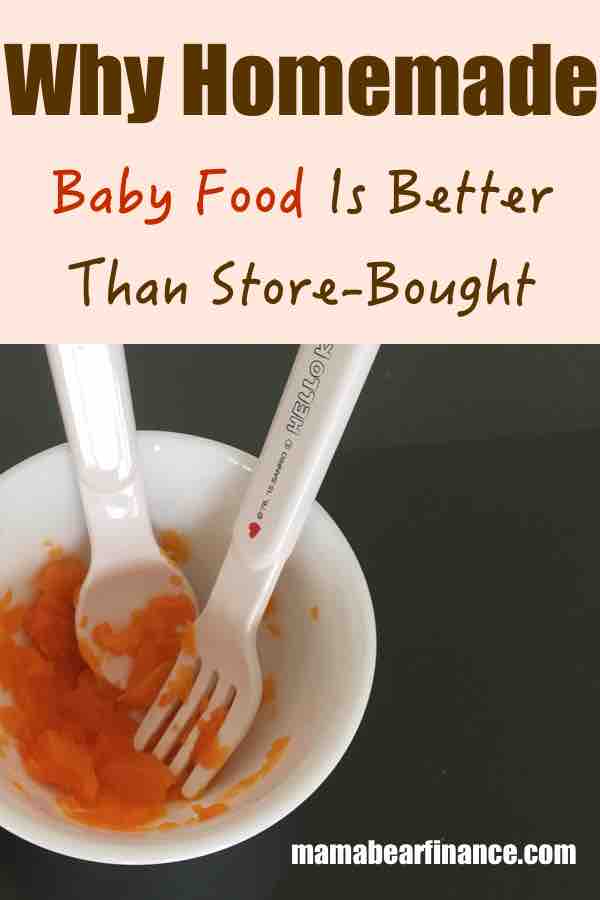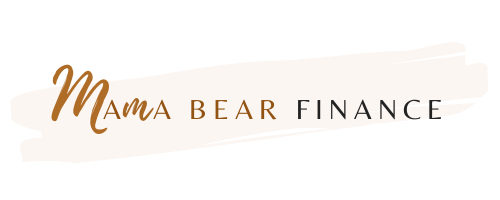Did you know that the first 1,000 days of life is the most crucial period for a child’s brain development? This small window of period has a tremendous impact on a child’s life, which is why proper nutrition is so important.
I first learned about the 1,000 days period while studying for my MBA and working on a project on uncovering consumer insight in infant nutrition.
Even though this was a business-driven project, I’ve learned a great deal about baby nutrition – all the while not being a mom yet!
But this project really fascinated me because the choices we make as parents can have a profound impact on a baby’s growth.
While this much was clear, it’s not necessary straightforward in practice.
Today I’ll share some insights on why I believe homemade baby food is more superior than packaged products.
Hopefully this will inspire you to start making some delicious cooking at home!
To learn more about the “First 1000 Days,” check out this UNICEF post.
Why Homemade Is Better Than Packaged
You have control over the ingredients
It’s important to give your baby a wide variety of food that would stimulate her taste buds. However, this should only be limited to healthy food such as vegetables, fruits, and starchy and protein food without adding ANY salt or sugar.
Processed food, on the other hand, contains too much salt and sugar for a baby. These food are not conducive for developing a child’s taste bud.
In fact, most baby food are designed to include these extra tastes to get kids “hooked” earlier according to Washington Post. This is evident by the boom in unhealthy food introduced to infants between 6 months to 3 years old.
My midwife (which was covered by the basic insurance here in Switzerland) insists that moms should try to avoid processed food altogether.
Her reasoning was that processed food is no more superior to a home cooked meal. Even though cooking is more time-consuming, she encouraged me to do so in batches that would last up to 3 days.
Processed food contains preservatives
Have you noticed the expiration date when purchasing baby food in the store? This expiration date can usually go up to one year or beyond.
I’m always fascinated by how long of a shelf life that these baby food have without the need of refrigeration.
This could only mean that a lot of preservatives has been added into the jar. While this may not be a health concern, the thought of knowing how long baby food stays in the shelf just makes me unease.
The upside of having added preservatives is of course the convenience for storage. This is especially helpful for traveling or going out and about.
But it’s worth considering whether or not consuming these preservatives is actually healthy for a baby.
Processed food costs more than homemade food
Although the convenience of packaged baby food is a plus, it is not without a cost.
One jar of baby food could cost between $2-$3. This is significant considering how many jars a baby would need as time goes by.
For example, if your baby eats about 2 jars a day starting at 7th month, that’s 52 jars till she reaches 1 year old. The total cost for this is about $312 – $468 or about $43 – $78 per month.
Homemade meal, on the other hand, could cost significantly less if you live in the U.S. The added bonus is that while you buy healthy ingredients for your baby, you become motivated to buy some extra for yourself as well.
Homemade food is more fresh
As a stay at home parent, I certainly have less excuse not to cook homemade meal. If I were working full-time (and maybe even part-time), it would be a challenge to find time to prepare, cook, and store baby food day after day.
But, what I’ve found to be quite efficient is to cook meals that the entire family could enjoy!
For example, a simple and easy meal is vegetable soup with a side of potato or rice. When I cook vegetable soup, I made sure to set aside a batch for the baby without any seasoning. Then, I’ll add salt and pepper to the rest of the pot!
This not only saves time, but also ensures that we all eat well as a family. The most popular soup we enjoyed is the papaya carrot chicken soup with a hint of ginger.

It’s so easy to make and tastes so delicious that it quickly became my daughter’s favorite meal!
Less chance of becoming a picky eater
I’m still profoundly shocked by how my daughter can eat all varieties of vegetables including carrots, tomatoes, broccoli, bell peppers, onions, and even garlic!
This is probably due to the fact that I’ve fed her these variety of veggies since she started eating.
The main thing is to avoid introducing food with artificial flavors so that the baby gets use to natural taste.
This makes sense if you think about it. When a child has never eaten pizzas, burgers, or chicken nuggets, how can she want that to begin with?
If what she mostly eat were healthy vegetables and home cooked meals, that becomes her point of reference, and hence, foundational eating habit.
However, it is very tricky at the beginning when my baby did not want to eat much at all. It took a lot of time and patience to get her to eat what I cook. But in the end, it all worked out.
Today, she is almost reaching the end of her 1,000 days mark and she loves eating almost anything. Even though I have occasionally slipped a slice of pizza from time-to-time, she still prefers the most basic food like veggies and fruits.
Only time will tell if this trend continues as she grows older!
What are your thoughts on processed vs. homemade baby food? Do you find cooking baby food to be too demanding? What are some of your baby’s favorite dishes?

PIN this DIY

